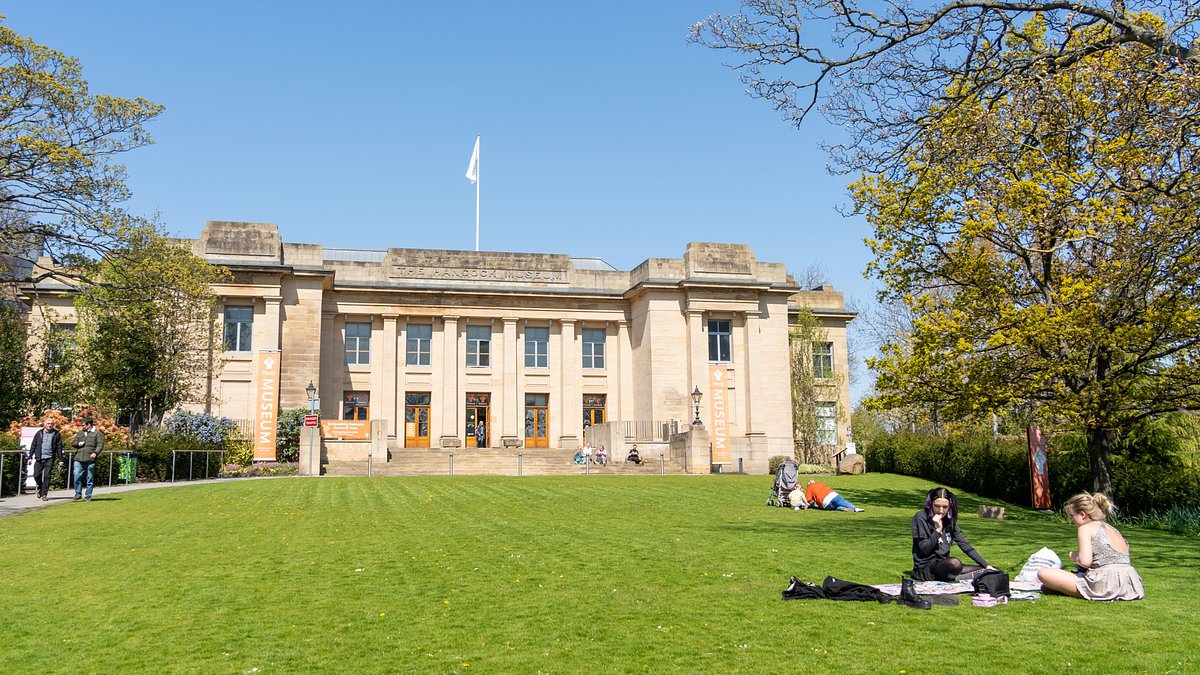A museum could become the second cultural institution to restrict women from seeing ‘sacred’ artefacts as critics blast it as ‘absurd virtue signalling’.
The Great North Museum: Hancock (GNM), in Newcastle, says in a raft of new policies that it will refuse to loan items that are not intended for women to see.
According to a policy document, some items deemed to be ‘sacred’ among the ethnographic collection could be hidden away and ‘will not be used or displayed in any way that could upset or cause offence’.
The guidelines state ‘if objects were originally made to be viewed only by a certain group of people such as the indigenous community or males only’, museum leadership will ‘decide on whether the objects should be viewed’, reported The Telegraph.
Artefacts in the museum’s 6,000-plus ethnography collection include objects made by the Maori, Zulus and Native Americans, along with Inuit and Aboriginal n religious items, which can have strictly gendered uses.
It comes after the University of Oxford was yesterday criticised for withdrawing an African mask from display to stop women seeing it due to a tribe’s beliefs, with a professor labelling it as showing the ‘absurdity of virtue signalling’.
According to The Telegraph, GNM documents state: ‘The GNM will refuse loan requests of culturally restricted material for display purposes.
‘Such items include, but are not restricted to, secret-sacred n Aboriginal objects that were intended to be viewed by men only.’
has contacted GNM for comment.
Yesterday it emerged The Pitt Rivers Museum at the University of Oxford had labelled many of its exhibits with warnings about ‘cultural safety’ as well as removing images from its website.
Among those now missing from the online archive is a mask made by Nigeria’s Igbo people and which was originally used in male-only rituals.
The museum said it wants to address issues raised by a collection ‘closely tied to British Imperial expansion’.
In response to the new online warnings, history professor Jeremy Black, whose books include A History Of The Atlantic, told : ‘Cultural safety – so-called – is a flawed idea that suggests that certain activists today, usually self-selected, have the monopoly of speaking about the past.
‘The absurdity of virtue signalling continues apace as new conventions meet new obsessions.’
Various items on the museum’s website now carry notes such as: ‘Users are warned that there may be images, words and descriptions that may be culturally sensitive and which might not normally be used in certain public or community contexts.’
The wooden Igbo mask has no photographs which can be seen online and its listing is captioned with the words ‘must not be seen by women’.
The website tells visitors: ‘At the Pitt Rivers Museum, we take cultural safety seriously. We aim to keep everyone informed by providing a cultural advice notice.’
The mask has been labelled ‘Must not be seen by women’ and has no online photos, while a note adds that curators are ‘unable to show the media publicly’.
